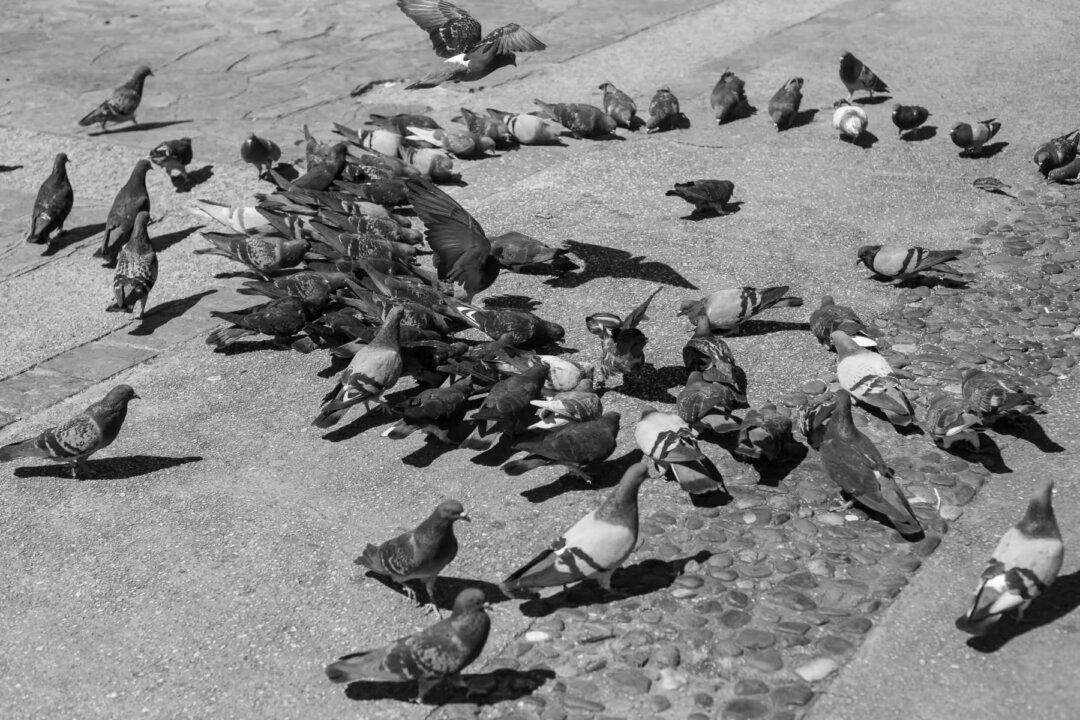Commentary
Twenty-five years ago I was a lab technician at a major medical research university. I finally got to be involved in immunology research, and I was very excited to have a great opportunity less than two years out of college. I didn’t really know what to expect, not having experience with a cutthroat research environment. I had no one else’s experience to draw on.




